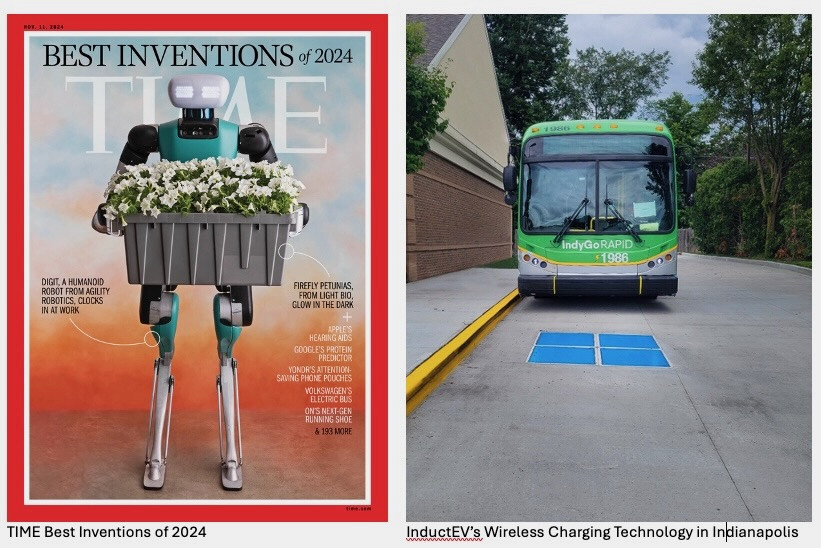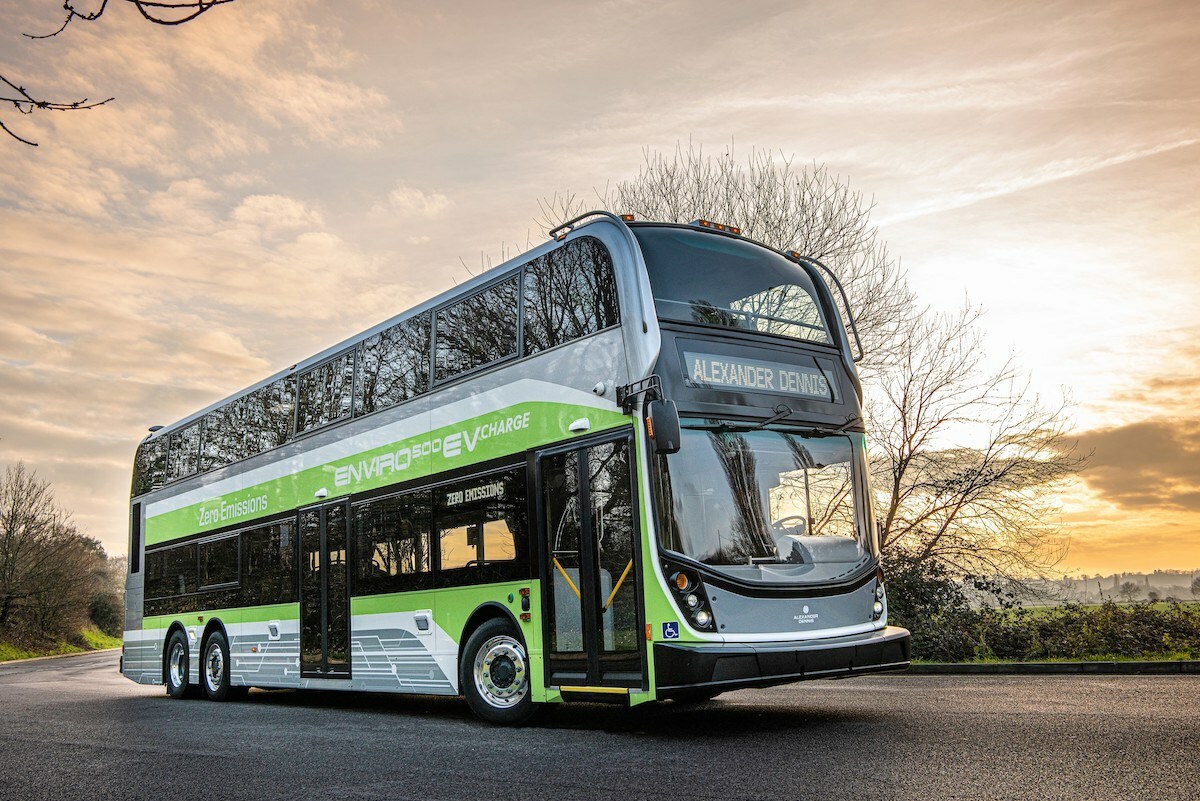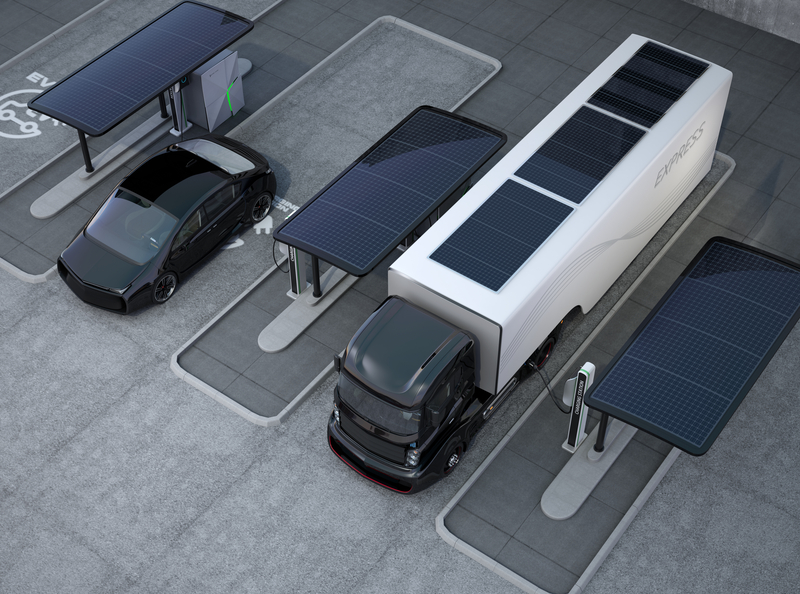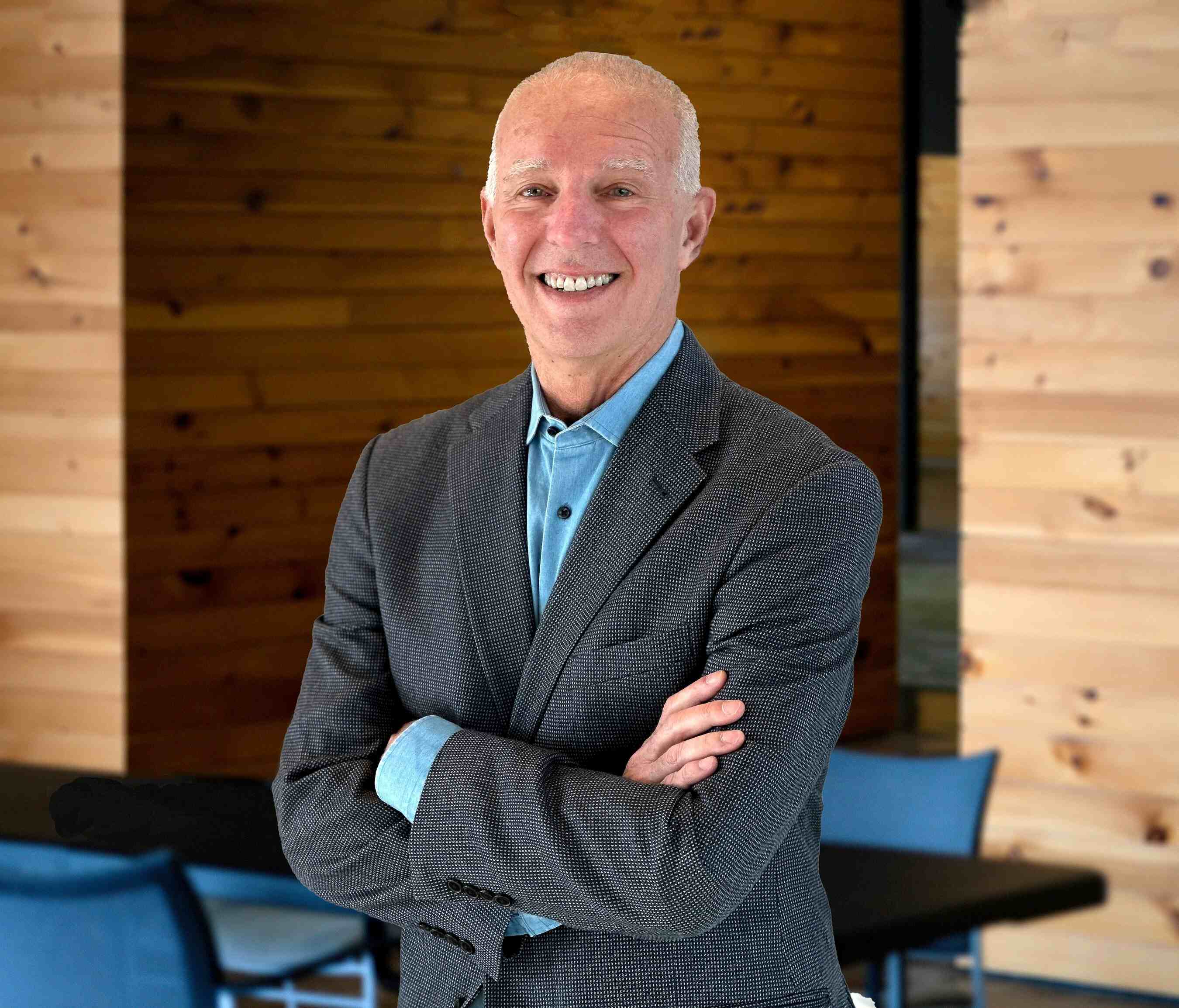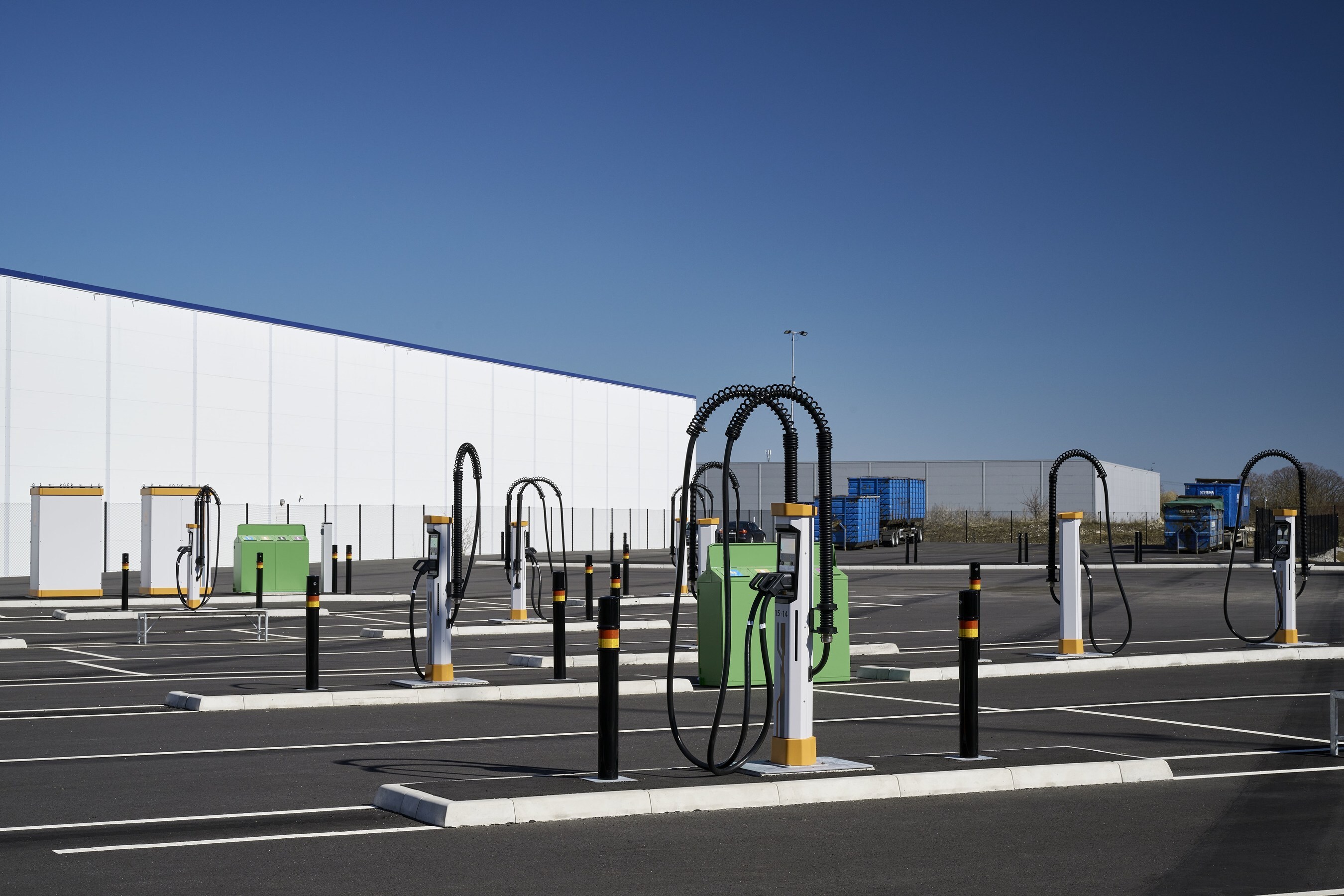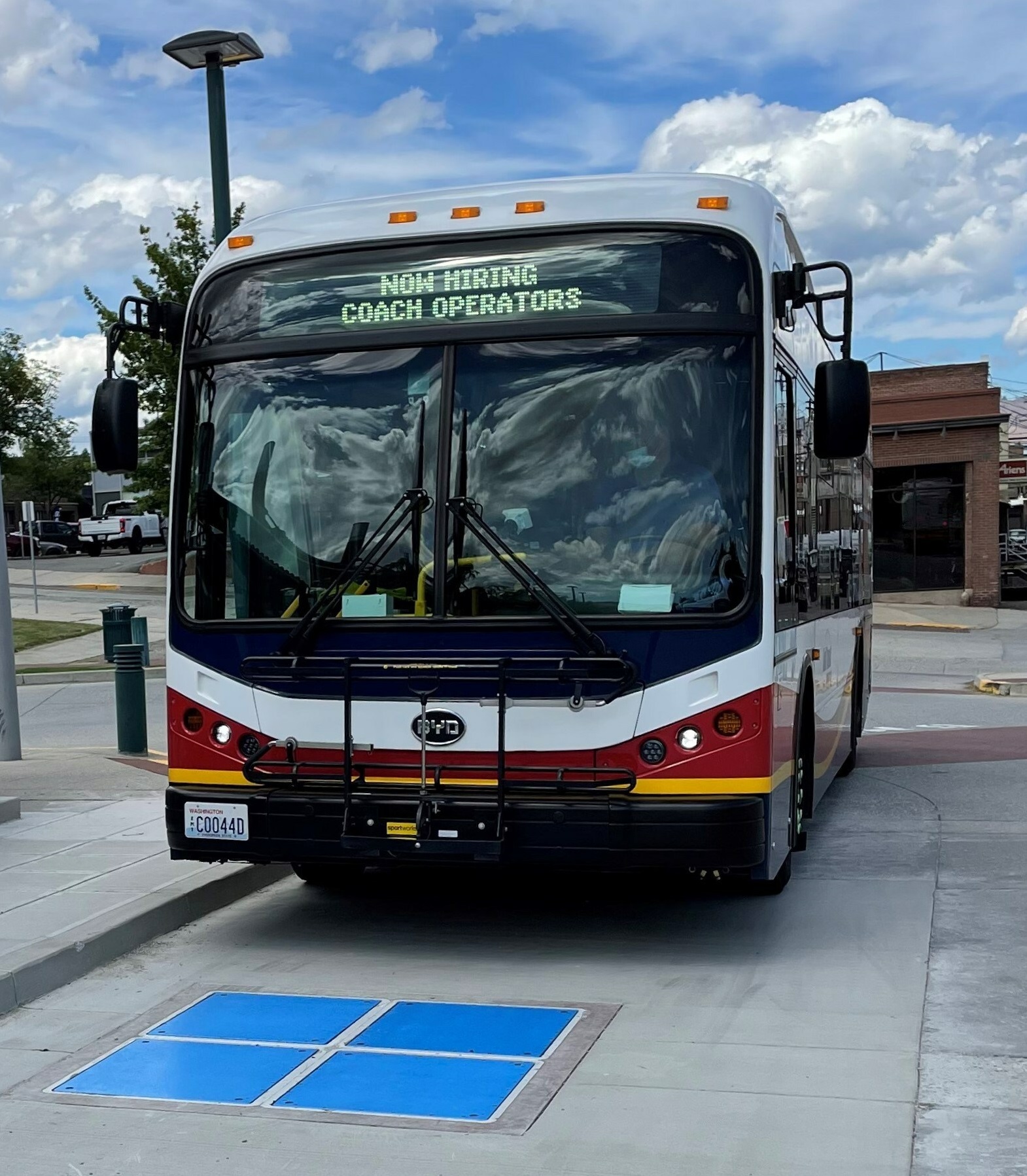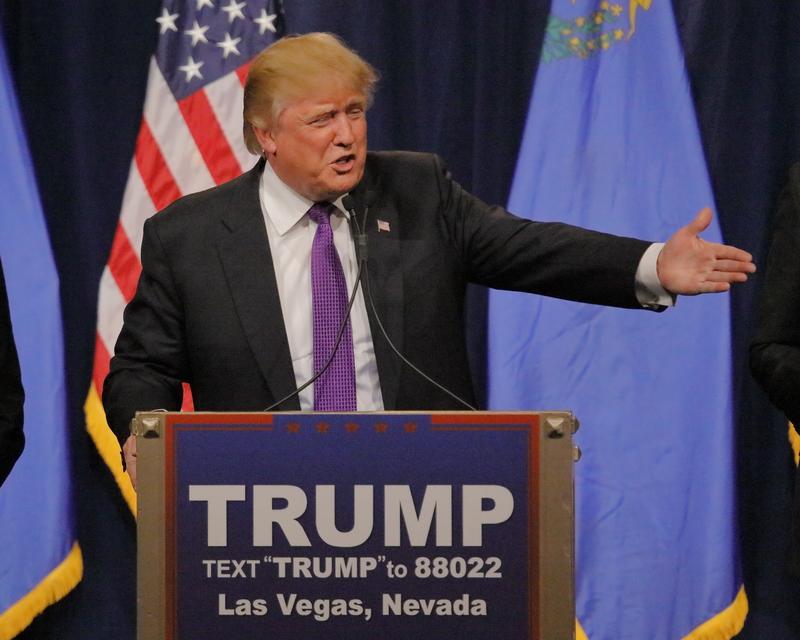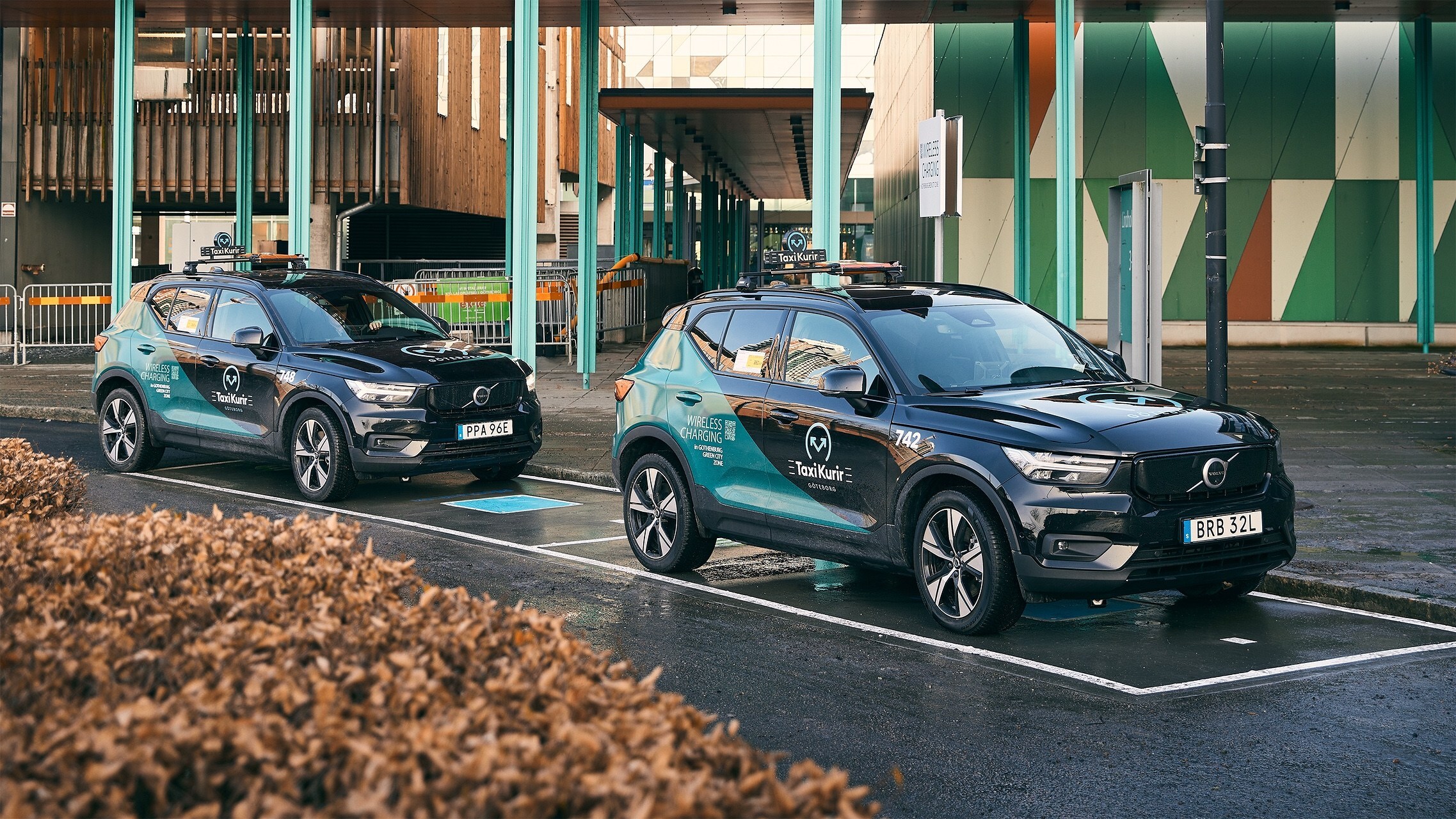
This move reflects growing industry acceptance of wireless charging as a vital technology for the future of electric mobility.
Although the Robotaxi won’t be available until 2027, InductEV’s high-power wireless charging solution, which delivers up to 450kw, has been operational in the commercial transport sector in the US and Europe since 2017. John F Rizzo, InductEV's CEO, is enthusiastic about Tesla’s entry into the wireless charging market, highlighting the company's focus on commercial fleets, municipal transit, and freight terminals. As he points out, wireless charging can replace diesel vehicles in ways depot-based wired chargers cannot, often reducing the total cost of ownership by 25%.
InductEV’s technology has earned three new US patents this year, bringing its total to 116 globally, with 115 more pending. Its charging systems are already in use across various locations, including Sound Transit in Seattle and at the AP Moeller Maersk Terminal in New Jersey. The company also has integrations with vehicle manufacturers like Phoenix Motor, MAFI, and BYD.
InductEV remains a leader in high-power wireless charging, offering scalable solutions for trucks, buses, and commercial fleets. The company’s patented on-route charging system maximises efficiency and reliability, positioning it as a key player in the move towards decarbonisation in the transport and logistics sectors.



